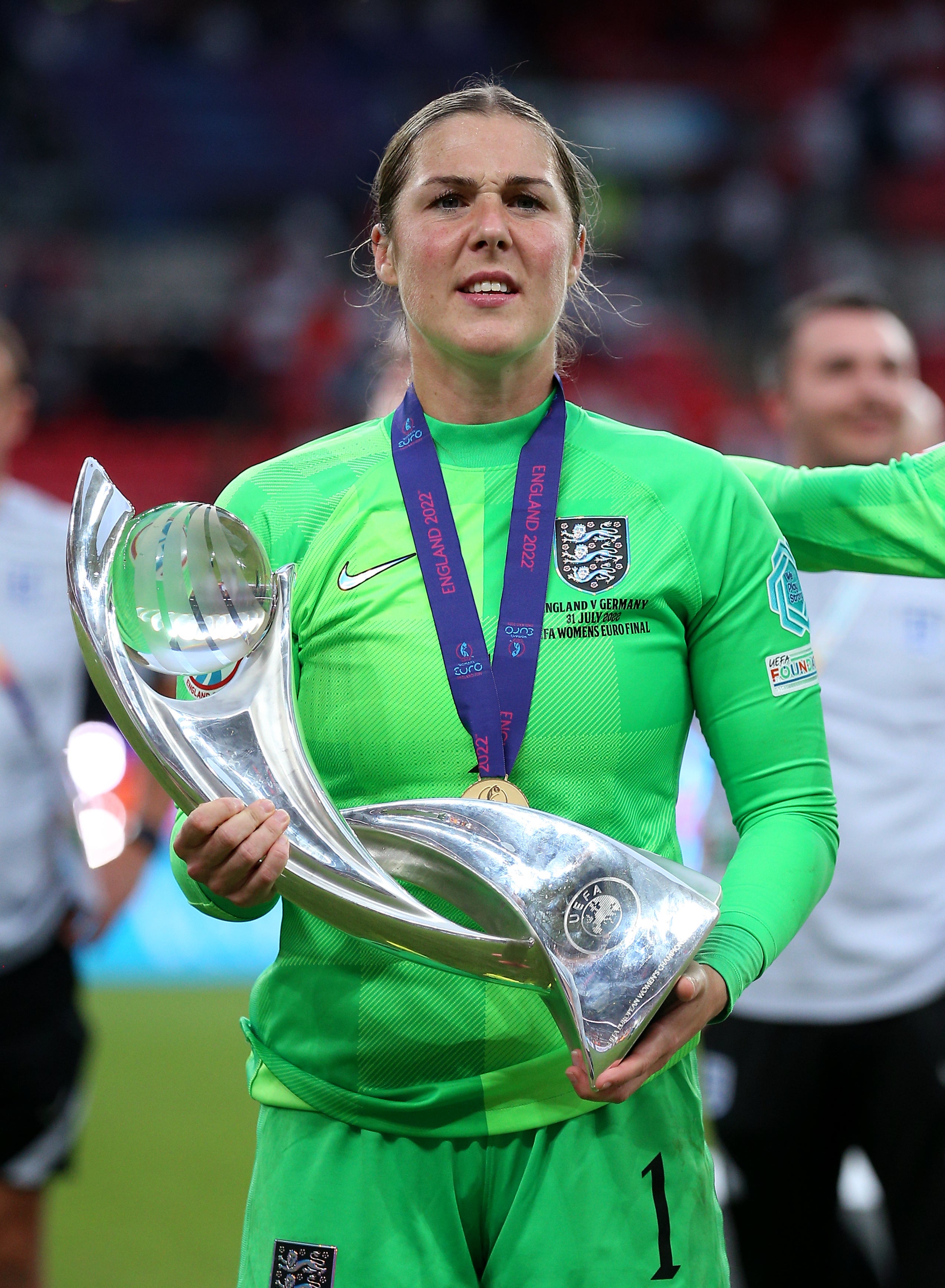Girls and boys must have equal access to football in schools, Lionesses say
Goalkeeper Mary Earps said that football ‘absolutely should be on the curriculum’.

Girls and boys must be given equal access to football in schools, England’s Lionesses have said, in what they hope will be a “turning point” following their Euro 2022 victory.
Members of the England team are calling on ministers to ensure the national curriculum for PE lessons nurtures the next generation of female stars.
While football is the most popular team sport for young people in England, only a third of girls aged five to 18 participate each week, according to research by the Football Association (FA).
Just 63% of schools in England offer equal football coaching to boys and girls, the FA found.
But the national celebration of the Lionesses’ 2-1 win over Germany in the final last week at Wembley Stadium has prompted calls for change.
Mary Earps, the England goalkeeper, said there was “no doubt” that football “absolutely should be on the curriculum”.
“I think if you could ask the squad what they would want, it’s access to football in school for young girls… I really would like to see more girls at school being able to play,” she told BBC Breakfast.
Fellow squad member Chloe Kelly, whose goal celebration became an iconic moment of the tournament, said she was “really excited” about the future of the game.
“This could really be a turning point for women and women in sport and as a group of girls we would love to see that change,” she told the programme.
“We set out to inspire the next generation, we set out to inspire the nation.”
Currently, England’s national curriculum says primary school pupils should be taught to “play competitive games, modified where appropriate”.
In secondary school, at key stages three and four pupils should “use a range of tactics and strategies to overcome opponents in direct competition through team and individual games”.
The national curriculum is not sex-specific and only lists football as an “example” sport, rather than mandatory, alongside others such as badminton, cricket and netball.
Fellow Lioness Alessia Russo, who scored four goals throughout Euro 2022, recalled how she would “tag along, whether I was invited or not” to the boys’ after-school football club because there was not one for girls.
“It’s great to be able to compete with the boys because obviously by nature they’re bigger, faster and stronger, but at the same time we are women and we want to be playing with girls growing up, having equal opportunities,” she told BBC Breakfast.
“So that is definitely one turning point that we want from this tournament.”
The Department for Education (DfE) said it is up to schools decide which sports to offer to pupils but they should offer “comparable activities” to girls and boys.
A DfE source told the PA news agency that football is not mandatory on the curriculum “because we want pupils to be involved in the decision making of the sports they want to play, and the space and equipment available will differ from school to school”.
Figures published by the FA, which is running a #LetGirlsPlay campaign to give girls the same access to football as boys in schools and clubs by 2024, show that while 72% of primary schools offered equal football coaching to boys and girls last year, this fell to just 44% in secondary schools.
Its research found 60% of the girls who play football in schools want to play more and 91% of girls who do not play want the opportunity to do so.
Bookmark popover
Removed from bookmarks